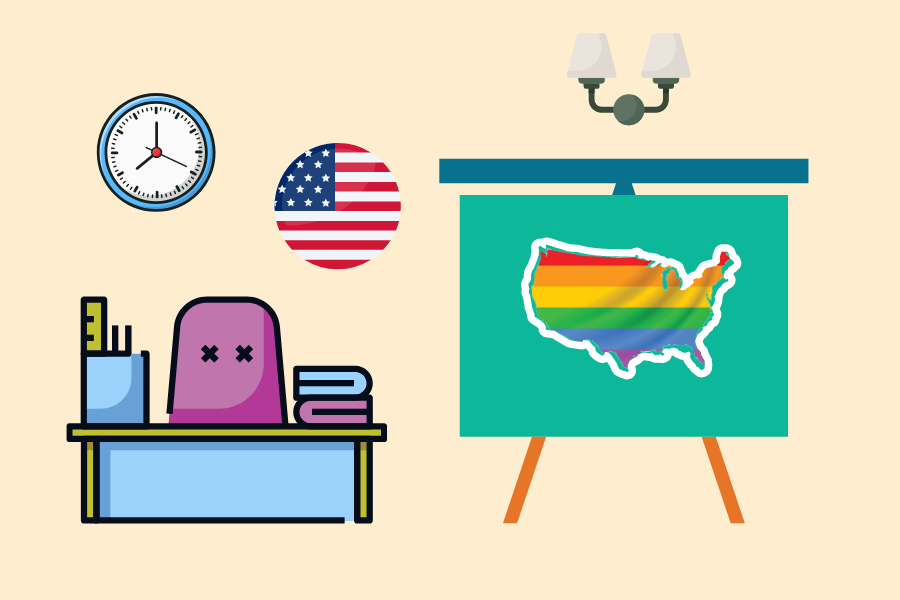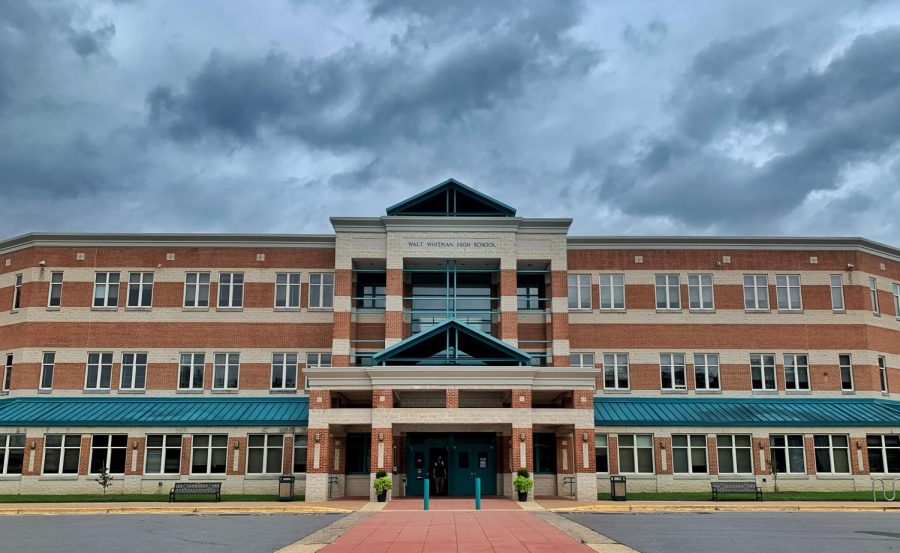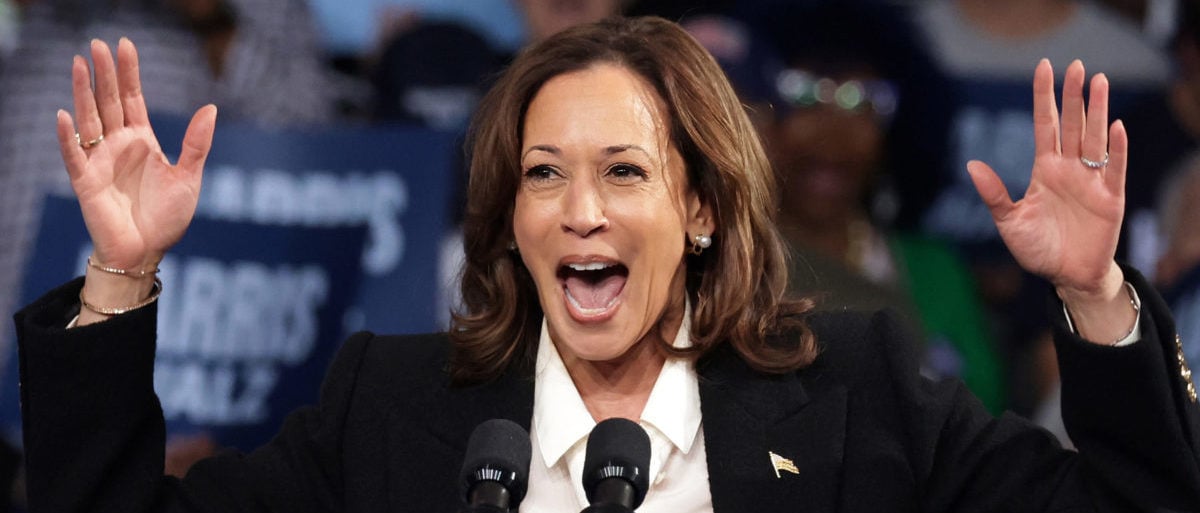Florida’s ‘Don’t Say Gay’ bill is not just wrong — it’s dangerous
May 13, 2023
Imagine a student sitting in a first-grade classroom — colorful carpet rests beneath their feet, crayons and glue sticks are littered on the floor beside them. The teacher stands at the front of the room and introduces the assignment for the day: create a family tree. The student wanders excitedly to their seat and begins to draw but soon feels a tap on their shoulder. The teacher whispers that this student can’t do the family tree activity because the class isn’t allowed to hear about their gay parents.
This experience may seem outlandish, but it’s becoming all too real for students in Florida after the State Board of Education passed an expansion to the “Don’t Say Gay” law on April 19.
The expansion bans instruction on sexual orientation and gender identity in K-12 classrooms, the only exceptions being in state-mandated curriculums and optional health units. The bill’s language is intentionally vague, allowing the Florida state government to effectively ban all LGBTQ+-related discussions from the classroom.
Florida classroom censorship is not just morally wrong but also presents a genuine danger to all students regardless of gender or sexual orientation. It’s time for students to stand up to representatives and make it clear that this type of legislation is damaging and counterproductive.
First and foremost, this bill is detrimental to student mental health. The bullying of LGBTQ+ youth is already widespread. According to a Trevor Project poll, 52% of LGBTQ+ youth in US secondary schools reported that they were bullied for their identity in 2021. Increasing the stigma these students face will only worsen the bullying and make students feel more unsafe at school.
Furthermore, if educators consistently tell students that it’s illegal to discuss or disclose their identity, students will inevitably feel more isolated.
“It’s so detrimental for kids … to know that this is what their state is passing, and this is what their state believes in,” sophomore Addison Rosenburg said.
For many students, a school might be the only place they can receive support for their identity. A survey by the Human Rights Campaign found that 76% of youth have heard their family make negative comments about LGBTQ+ people. Since many kids can’t find support at home, students may turn to peers and teachers at school for validation. When school becomes yet another unsupportive environment, it leaves many LGBTQ+ students without a single place where they feel seen.
“School is a really big part of growing up; you spend most of your time with those peers and teachers,” said Annie Lyon, a therapist who works for the Sexual Minority Youth Assistance League. “To not even be recognized at a place where you are for such a significant part of growing up takes an incredible toll on someone’s sense of self, safety and security.”
Research indicates that students face mental health risks in unsupportive or unaccepting environments, which can ultimately lead to suicide. These increased risk factors include depressive symptoms, substance abuse and an increased risk of victimization by peers or adults. Another study conducted by the Trevor Project found that LGBTQ+ youth who learned about these issues during school were 23% less likely to attempt suicide in 2021.
In addition to the law’s devastating effects on LGBTQ+ students’ mental health, the extension to the “Don’t Say Gay” law has harmful ramifications for the general population.
The exact wording of the bill is purposefully ambiguous; it states only that Florida educators “[s]hall not intentionally provide classroom instruction to students in grades 4 through 12 on sexual orientation or gender identity.”
The Florida Board of Education has not yet specified what instruction teachers must avoid to stay in accordance with the law.
Since the bill’s language is intentionally vague and teachers could lose their credentials if they violate it, this relatively short piece of legislation is massively influential in the future of Floridian students’ education. Not only will it prohibit the instruction of LGBTQ+ topics, but it will also prevent discussion of them in the classroom. Regardless of how much legislatures intend to ban, teachers afraid of punishment will avoid discussing the LGBTQ+ community entirely.
When the government prevents students, regardless of their identity, from exposure to LGBTQ+ people and issues, students are raised in ignorance, leaving them with nothing but a narrow worldview.
“To ban people from talking about it will produce a generation of bigoted children,” said Montgomery County Pride Youth President Cedar Dwyer. “Children who are not exposed to that diversity are not going to be open to it later in life.”
Proponents of the extension to the “Don’t Say Gay” law are quick to mention that LGBTQ+ discussions are still allowed in health classes, just not in other classes. They believe these discussions have no place in algebra or chemistry courses, so the legislation won’t have any negative impacts.
However, representation of people from every walk of life is essential when providing a well-rounded education. Advocates aren’t fighting for a lesson on transgender history in elementary math. Rather, they’re looking to represent diversity across students’ educations. When teachers and students are permitted to discuss issues about sexual orientation and gender identity, the stigma surrounding the LGBTQ+ community decreases dramatically.
“By talking about [LGBTQ+ issues] outside of health class, people can — rather than just define terms — make connections and really learn about this in a holistic way,” sophomore Naoko Kinoshita-Ruiz said.
In addition to exposing students to diversity, it is essential to discuss LGBTQ+ individuals in classrooms to ensure a comprehensive view of history is presented. LGBTQ+ people and their accomplishments exist throughout society and across all of human history. There is simply no way to regulate an entire group of people to optional health units without erasing important parts of the past.
Discussions and conversations are necessary not only to preserve LGBTQ+ history and celebrate individuals regardless of their identity, but also to pave the way for a more accepting and destigmatized modern culture.
“It’s a really important time for people to step up and have tough conversations,” Lyon said. “People assume that the work that they can do just individually isn’t enough, or doesn’t make a difference, and that’s just not true.”
The essence of this bill is to take a complex group of people and reduce them to one part of their identity — their gender and sexuality. Standing up to it is essential to show lawmakers that entertaining such bills is morally deplorable and incredibly harmful. As much as it is the job of the Florida legislature to stop passing such harmful legislation, it is our job to stand up to injustice and continue to have open and honest discussions about the LGBTQ+ community.










